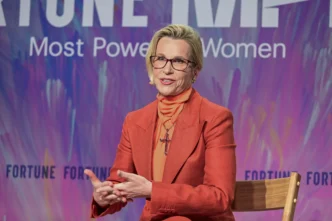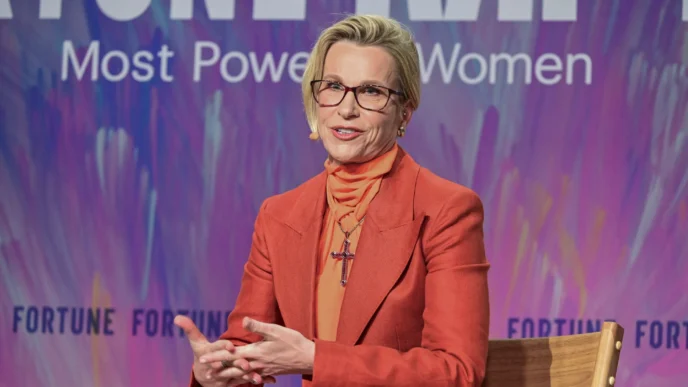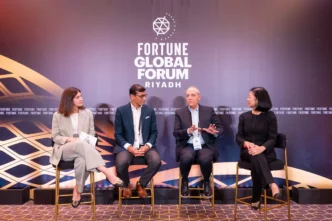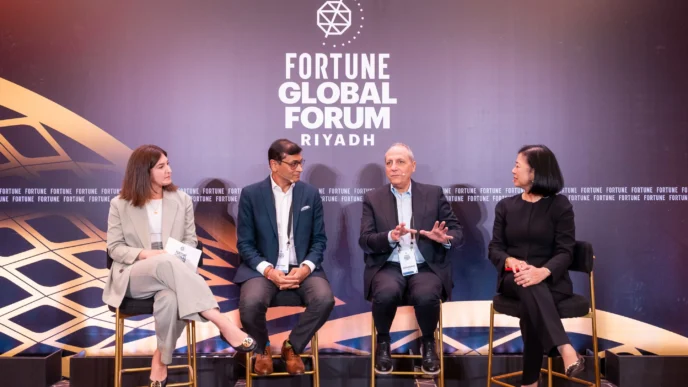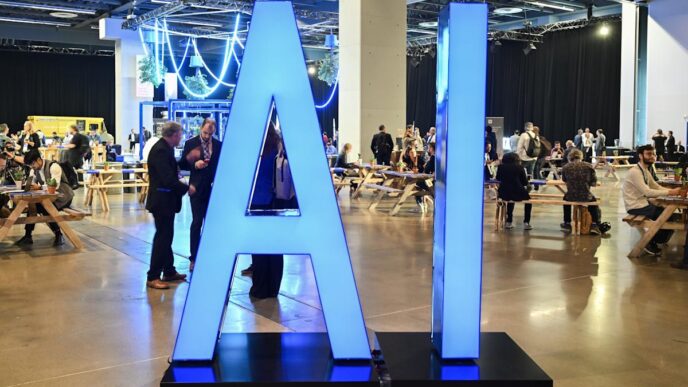For years, executives, hiring managers and workplace pundits have flooded opinion pages with complaints about Generation Z—too fragile, too entitled, too obsessed with work-life balance, too “difficult” to manage. But a growing body of research and economic data suggests a different story: Gen Z is not the problem. The modern workforce system is.
From stagnant wages to ineffective leadership, outdated corporate structures, and the collapse of career development pathways, the cracks in today’s employment model are no longer hairline fractures—they’re structural failures. Gen Z is not causing the collapse; they are a symptom of systemic dysfunction and the first generation unwilling to tolerate it.
A Workforce Built for the Past
Corporate structures in most industries still reflect a 20th-century industrial model:
| Broken Structure | Outdated Practice | Modern Reality |
|---|---|---|
| Rigid hierarchies | Limited upward mobility | Young workers leave instead of waiting |
| Time-based promotion | Age over merit | Skilled workers seek faster advancement |
| Office-first culture | Mandatory in-person policies | Hybrid/remote is now competitive advantage |
| Graduation-to-career path | Skills assumed from degree | Workers want continuous learning and upskilling |
| Boss as authority | Command-and-control | Leadership now means mentorship and transparency |
Gen Z recognizes what many leaders do not: The world has changed faster than corporate systems. And they’re refusing to play by outdated rules.
The Data: It Isn’t a Work Ethic Problem
Contrary to stereotype, research shows Gen Z is not lazy:
- 82% of Gen Z say career ambition is “very important,” according to Deloitte.
- Gen Z works on average 8.4 hours/day, per McKinsey—equal to or more than Millennials and Gen X.
- 76% say they are willing to work overtime—if the work has purpose and growth potential.
- 61% are pursuing side incomes or entrepreneurship in addition to main jobs.
What critics call entitlement, data shows is actually demand for fair systems—transparent pay, mental health support, mentorship, and opportunities for meaningful growth.
The truth: Gen Z is not anti-work—they are anti-exploitation.
Why the System Is Breaking
1. Compensation Has Not Kept Up
Since 1990, productivity in the U.S. has risen 72%, while wages grew only 17%. In Europe, nearly half of young workers report struggling to meet basic financial needs despite full-time employment.
2. The Career Ladder Has Disappeared
Internal promotions are down 34% since 2010, according to LinkedIn. Companies cut training budgets, outsourced talent, and hollowed out middle management.
The result: a generation that sees corporate loyalty as a one-way deal—with no rewards.
3. Burnout Is the Default
Gen Z reports the highest burnout rate of any generation. Why?
- Unrealistic workloads
- Constant change with no clarity
- Leadership that lacks emotional intelligence
- Lack of mental health infrastructure
4. Leadership Is Out of Sync
Many managers still lead using authority, control, and intimidation—methods that no longer produce results in knowledge-based work. Gen Z expects coaching, communication, and collaboration—and they are willing to walk away if they don’t get it.
The Corporate Response: Blame Instead of Reform
Too many executives have responded with complaint journalism and LinkedIn rants instead of organizational innovation. Think pieces attack Gen Z’s:
- “lack of professionalism”
- “poor resilience”
- “demand for flexibility”
- “unrealistic expectations”
But Gen Z didn’t invent toxic culture, low pay, or broken HR systems—they just won’t normalize it.
What High-Performing Leaders Are Doing Differently
Forward-looking CEOs and CHROs are not complaining—they’re rewriting the talent strategy. Here are five things they’re doing now:
✅ 1. Investing in Skills, Not Job Titles
Companies like Amazon, Siemens, and Accenture have moved to skills-based hiring and promotion, opening up advancement opportunities.
✅ 2. Rebuilding Career Pathways
Top employers now offer clear promotion maps, mentorship pairing, and internal mobility platforms.
✅ 3. Treating Culture as a Business System
Instead of “fun perks,” serious companies focus on:
- Psychological safety
- Trust-first management
- Transparent decision-making
✅ 4. Pay Transparency
High-performing companies are posting salary ranges, publishing pay equity audits, and linking compensation to measurable output.
✅ 5. Human-Centric Leadership
Modern leadership requires:
- Emotional intelligence
- Real feedback loops
- Purpose-driven team design
- Flexible work policy, not chaos
What Leaders Must Do—Now
Here is a framework for fixing the workforce system:
| Priority | Action | Outcome |
|---|---|---|
| Build trust | Share strategy and metrics openly | Engagement improves |
| Invest in growth | Annual upskilling budget per employee | Retention rises |
| Redesign incentives | Link pay to impact | Performance improves |
| Flexibility with accountability | Output-first work design | Productivity rises |
| Upgrade leadership | Require leadership certification | Toxic management drops |
Conclusion: This Is a Leadership Moment
The Gen Z debate misses the point. The workforce isn’t broken because of Gen Z—it’s broken because companies delayed change for too long. What we’re witnessing is not a generational crisis but a system reset.
The best leaders won’t fight it—they’ll lead it.









